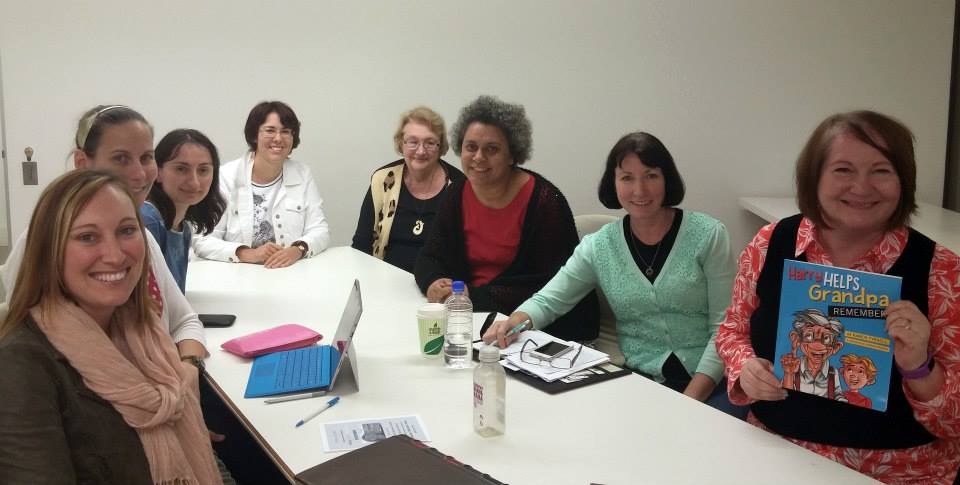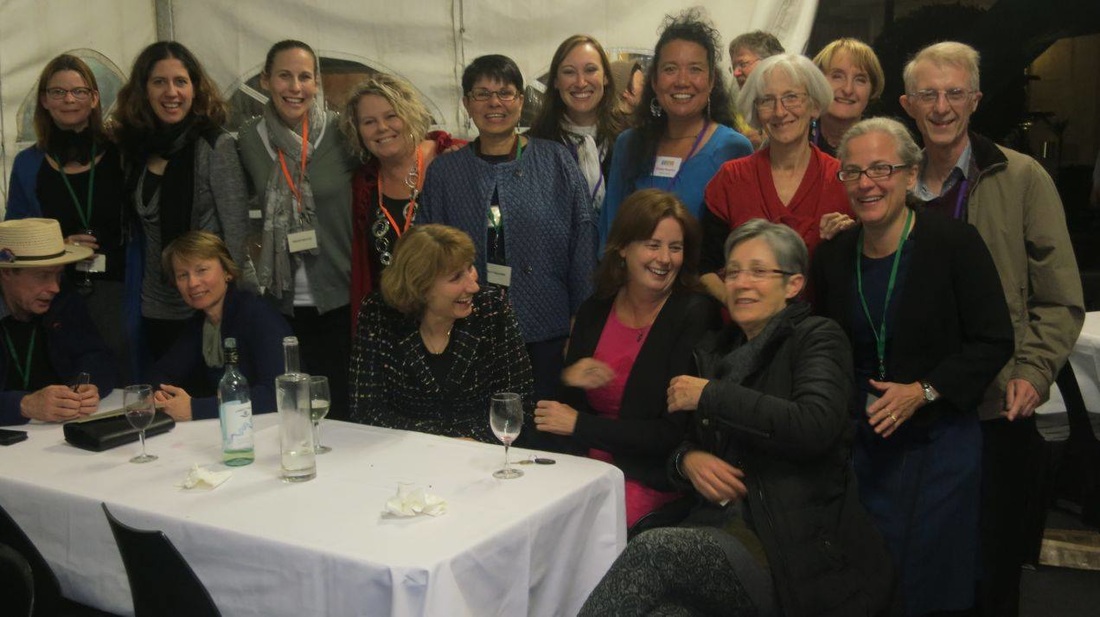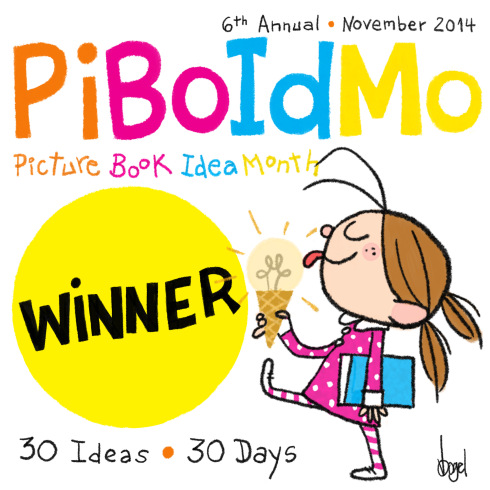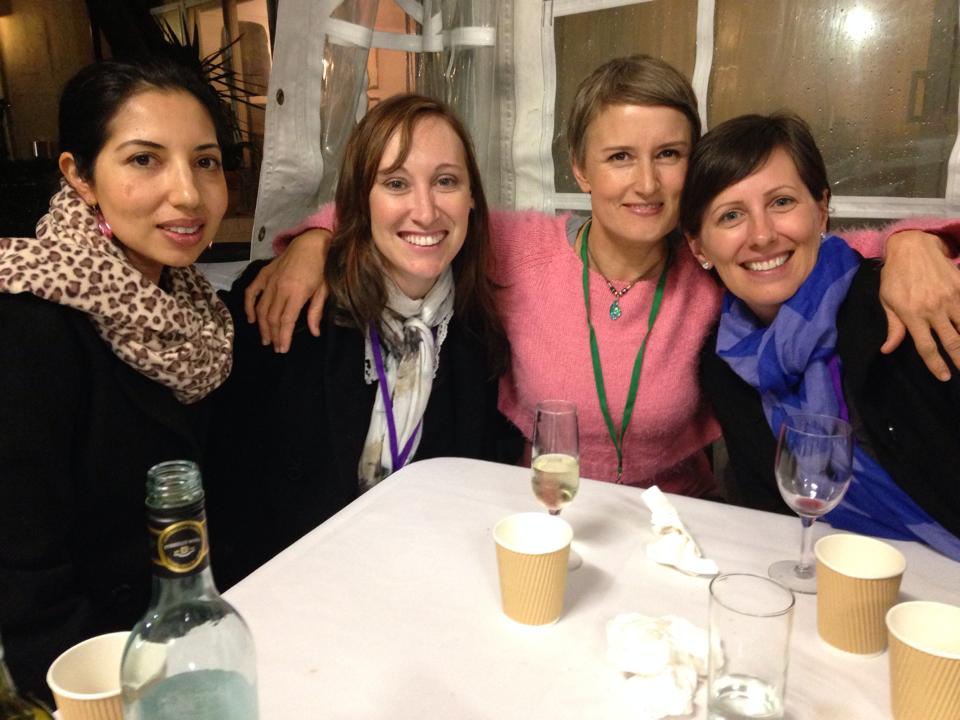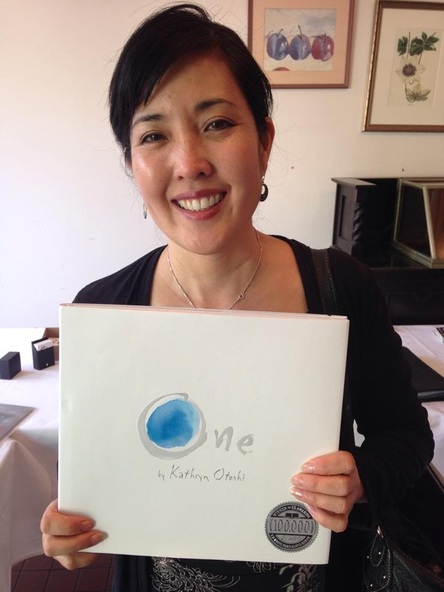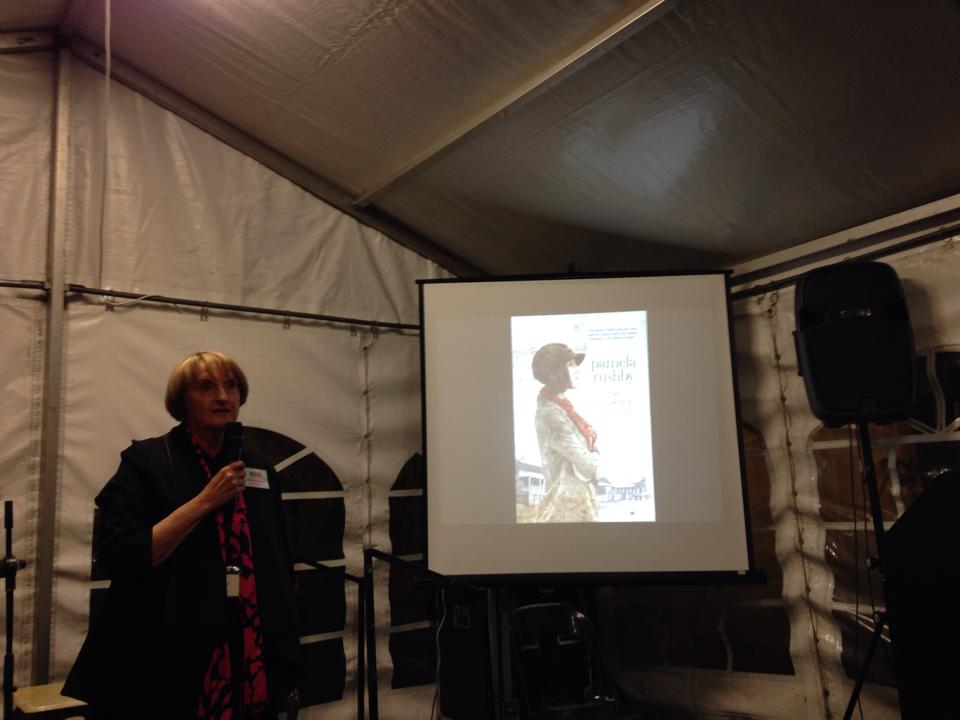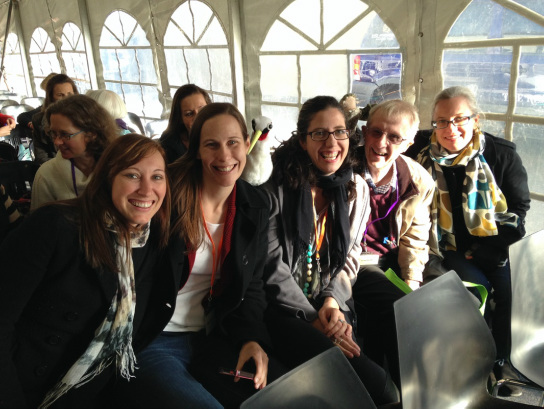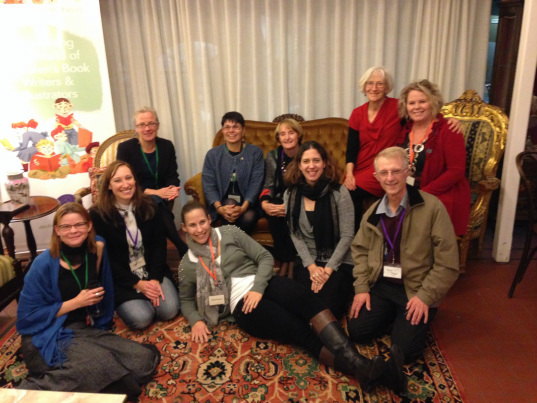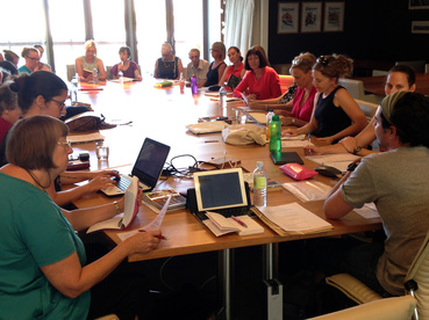
My wonderful junior fiction critique group.
Critique …
I know what you might be thinking – it whispers negative. You know, like many other similar words. Critical. Criticise. Critic. Criticism.
BUT, when it comes to writing critique groups, I don't think it should be seen in a negative light.
I must admit when I began my writing journey I was immediately introduced to a writing critique group, so this is all I have ever known. I shudder to imagine my writing life without the support from critique groups. Joining this group had such a significant influence on my writing that I feel compelled to share the reasons why and encourage you to join a group too.
Here are my top tips for getting the most out of a writing critique group.
Accept all feedback
Sure, there might be some comments or opinions that you don’t like and could be taken in a negative light. But the more positively you can receive this feedback, the better off you’ll be. I always approach critique sessions with a positive attitude, knowing the feedback I receive is intended to help not harm.
Take it or Leave it
Remember you don’t have to change every single aspect of your story which was commented on. In fact, you may even receive conflicting advice. Don’t stress! It is still your story to revise as you feel appropriate. I often find that feedback among the group is usually similar. That’s when it resonates strongly with me as the missing link I was searching for to make that manuscript sing.
Find a supportive group
As wonderful as my experience has been, I realise not all writers have had a similarly positive experience of critique groups. If you find yourself in a negative, critical, and unsupportive group, LEAVE IT! There are many great groups out there waiting for you. You can find groups that meet in person or online.
I am a member of Brisbane Write Links and we meet monthly at the State Library at Southbank. After networking and a session of professional development, we break into our critique groups of picture books, junior fiction and YA.
A meeting at the State Library at Southbank.
I am also a part of an online critique group, meeting fortnightly. We use an online platform called ‘co-meeting’ which is absolutely amazing! It is an effective way to meet in real time and chat about each spread or chapter.
In both groups we either send emails or chat in a private Facebook group to share our successes, struggles, industry information, competitions, etc. Being a part of a supportive critique group is so rewarding personally and professionally.
Give feedback in a positive manner
It’s easy giving good feedback in a positive manner when you love the manuscript. But how does one share negative comments? This can still be achieved in a helpful and supportive way.
As much as possible, remember to ‘sandwich’ your comments: positive, negative, positive. This may be difficult if you feel that the manuscript needs a lot of revision. However, find something positive to comment on at least at the beginning of your critique and at the end.
Negative feedback can be given with the use of ‘I Statements’.
For example:
I felt that the puppy’s actions contradicted his emotions.
I feel the story could benefit from a faster pace. I found my mind began to wander at [this] point.
Don’t criticise the work and tell the writer what must change. It is still their work. Your ideas can be worded in phrases such as:
I wonder if this part might flow better by….
Perhaps you could consider changing…
I feel that this sentence could be improved by using a stronger verb...
Keep writing
In spite of the feedback you receive, don’t give up! Keep writing. Keep learning. Keep improving.
Meet deadlines
Critique groups offer accountability to ensure you keep writing. There are deadlines. Each month you need to have the next part of your manuscript completed to be critiqued. They help to keep you on track and assist you in forming habits to achieve your goals. In doing so, they also prepare you well professionally for an industry where deadlines are set and must be met.
Valuable Learning Process
Participating in a writing critique group has taught me so many invaluable things about the craft of writing, my own writing's strengths and weaknesses, the industry, the market and the complex world of publishing.
Have fun
Yes, writing critique groups are about writing … But they are also about meeting with likeminded people. I have made many new and wonderful friends through my writing critique groups. You can never have too many friends! Don’t see a critique group as a means to an end, see it as something special in and of itself. Join a critique group not only for what you can get out of it, but for what you can contribute to it.
I am incredibly grateful for finding such an amazing and supportive group in Brisbane Write Links and, more recently, in my 12 x 12 online critique group. I cannot recommend joining a critique group enough! You, and your writing, will never be the same again.
Critique …
I know what you might be thinking – it whispers negative. You know, like many other similar words. Critical. Criticise. Critic. Criticism.
BUT, when it comes to writing critique groups, I don't think it should be seen in a negative light.
I must admit when I began my writing journey I was immediately introduced to a writing critique group, so this is all I have ever known. I shudder to imagine my writing life without the support from critique groups. Joining this group had such a significant influence on my writing that I feel compelled to share the reasons why and encourage you to join a group too.
Here are my top tips for getting the most out of a writing critique group.
Accept all feedback
Sure, there might be some comments or opinions that you don’t like and could be taken in a negative light. But the more positively you can receive this feedback, the better off you’ll be. I always approach critique sessions with a positive attitude, knowing the feedback I receive is intended to help not harm.
Take it or Leave it
Remember you don’t have to change every single aspect of your story which was commented on. In fact, you may even receive conflicting advice. Don’t stress! It is still your story to revise as you feel appropriate. I often find that feedback among the group is usually similar. That’s when it resonates strongly with me as the missing link I was searching for to make that manuscript sing.
Find a supportive group
As wonderful as my experience has been, I realise not all writers have had a similarly positive experience of critique groups. If you find yourself in a negative, critical, and unsupportive group, LEAVE IT! There are many great groups out there waiting for you. You can find groups that meet in person or online.
I am a member of Brisbane Write Links and we meet monthly at the State Library at Southbank. After networking and a session of professional development, we break into our critique groups of picture books, junior fiction and YA.
A meeting at the State Library at Southbank.
I am also a part of an online critique group, meeting fortnightly. We use an online platform called ‘co-meeting’ which is absolutely amazing! It is an effective way to meet in real time and chat about each spread or chapter.
In both groups we either send emails or chat in a private Facebook group to share our successes, struggles, industry information, competitions, etc. Being a part of a supportive critique group is so rewarding personally and professionally.
Give feedback in a positive manner
It’s easy giving good feedback in a positive manner when you love the manuscript. But how does one share negative comments? This can still be achieved in a helpful and supportive way.
As much as possible, remember to ‘sandwich’ your comments: positive, negative, positive. This may be difficult if you feel that the manuscript needs a lot of revision. However, find something positive to comment on at least at the beginning of your critique and at the end.
Negative feedback can be given with the use of ‘I Statements’.
For example:
I felt that the puppy’s actions contradicted his emotions.
I feel the story could benefit from a faster pace. I found my mind began to wander at [this] point.
Don’t criticise the work and tell the writer what must change. It is still their work. Your ideas can be worded in phrases such as:
I wonder if this part might flow better by….
Perhaps you could consider changing…
I feel that this sentence could be improved by using a stronger verb...
Keep writing
In spite of the feedback you receive, don’t give up! Keep writing. Keep learning. Keep improving.
Meet deadlines
Critique groups offer accountability to ensure you keep writing. There are deadlines. Each month you need to have the next part of your manuscript completed to be critiqued. They help to keep you on track and assist you in forming habits to achieve your goals. In doing so, they also prepare you well professionally for an industry where deadlines are set and must be met.
Valuable Learning Process
Participating in a writing critique group has taught me so many invaluable things about the craft of writing, my own writing's strengths and weaknesses, the industry, the market and the complex world of publishing.
Have fun
Yes, writing critique groups are about writing … But they are also about meeting with likeminded people. I have made many new and wonderful friends through my writing critique groups. You can never have too many friends! Don’t see a critique group as a means to an end, see it as something special in and of itself. Join a critique group not only for what you can get out of it, but for what you can contribute to it.
I am incredibly grateful for finding such an amazing and supportive group in Brisbane Write Links and, more recently, in my 12 x 12 online critique group. I cannot recommend joining a critique group enough! You, and your writing, will never be the same again.
The Queensland delegates at the Sydney SCBWI conference, some of whom are friends from Brisbane Write Links.
